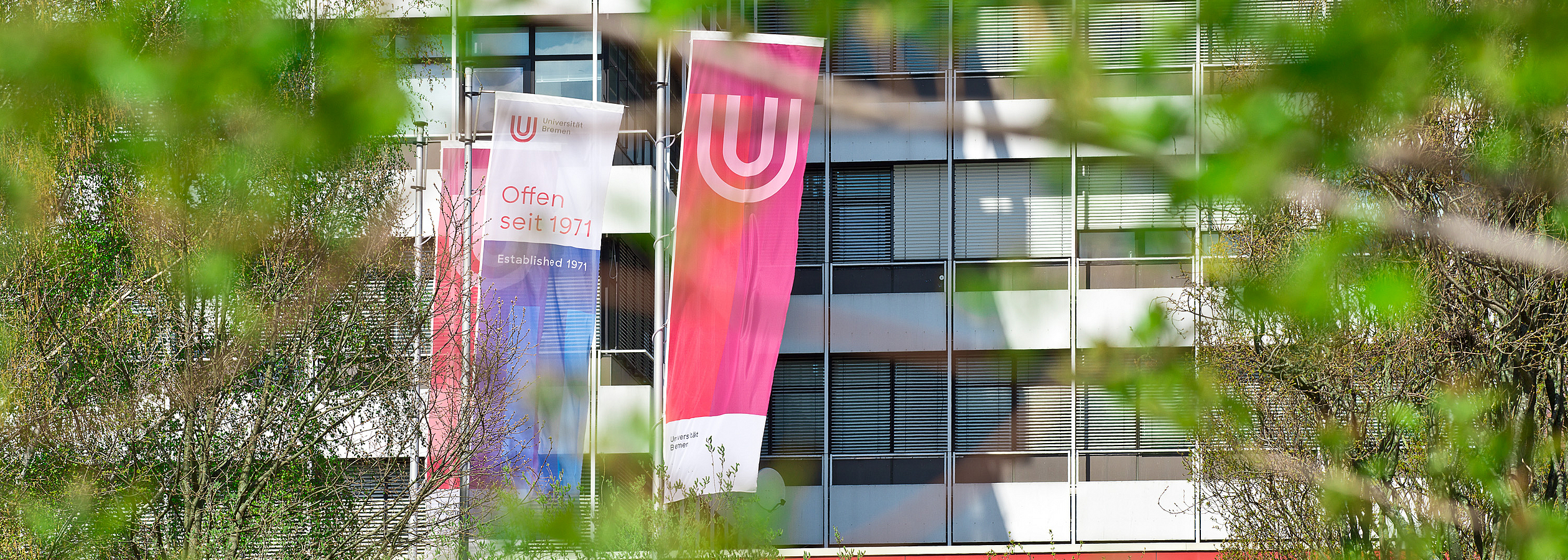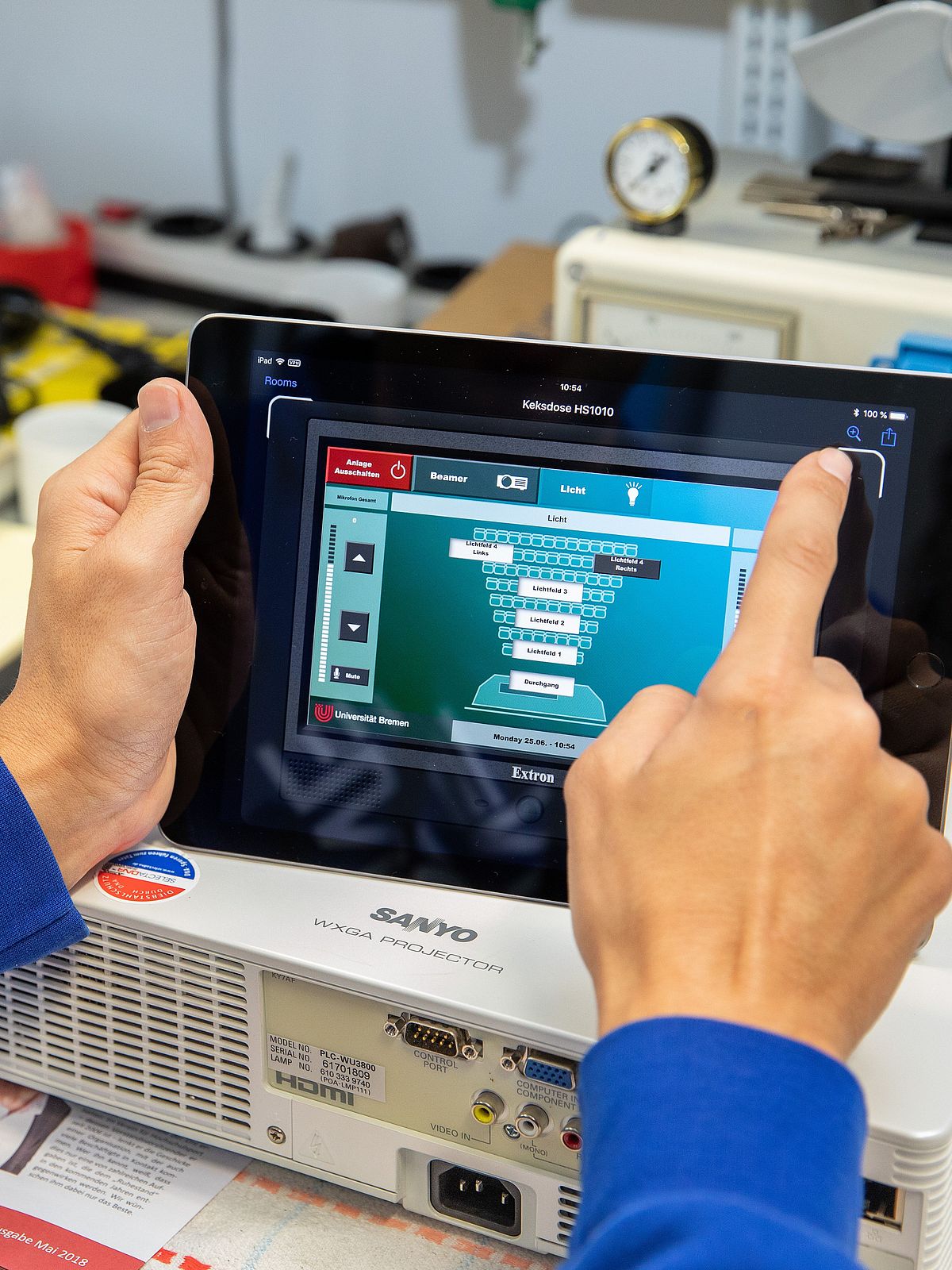Dr. Julian Decius and Dr. Miriam Schilbach (Maastricht University) have published a research article in the journal Scientometrics (IF = 3.5).
Their study examines the effects of shared first authorship (Shau) on the perception of academic career success in selection processes. While Shau is becoming increasingly common in research, concerns remain regarding its impact on individual recognition. Is the first-named author perceived as receiving more credit? Is recognition for a publication equally divided between Shau authors? And could Shau be a disadvantage in hiring decisions? To address these questions, the authors conducted an experimental vignette study in which academic participants evaluated the résumés of fictitious applicants.
The findings show that shared first authorship does not pose a disadvantage, as both first- and second-named Shau authors were evaluated equally. Moreover, sole first authorship does not provide an advantage, as it was not perceived as more successful than Shau authorship. Additionally, Shau promotes fair recognition, as clear labeling ensures that shared first authorship does not lead to lower appreciation. The results suggest that common concerns about potential disadvantages of Shau may be unfounded. The study also advocates for a transparent and fair system of authorship recognition in academia.
The open-access publication is available here.




![[Translate to English:] [Translate to English:]](/fileadmin/_processed_/0/3/csm_shau_7d71bea28f.jpg)



